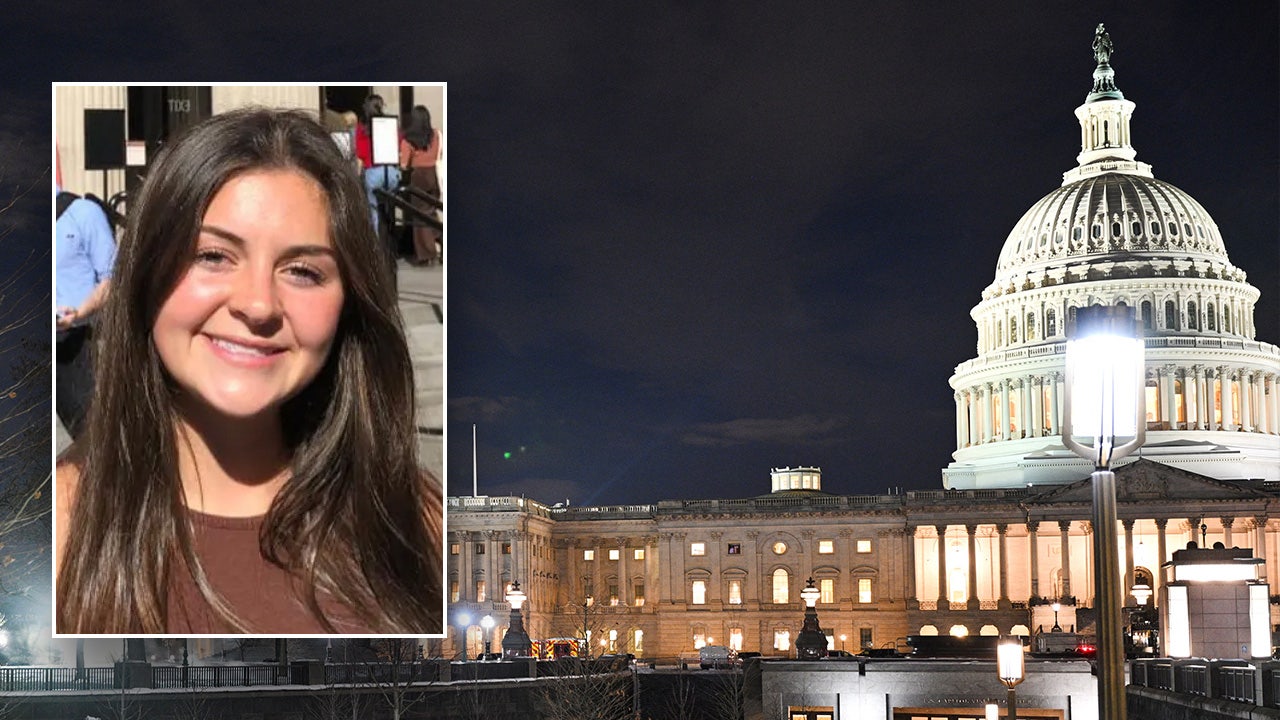- The United kingdom, US, and EU are doing work with Ankara to apparent an oil tanker pile-up in Turkish waters.
- Oil tankers have started piling-up off Turkish shores, as Ankara needs evidence of insurance plan coverage.
- EU’s $60 a barrel rate cap on Russian crude kicked in Monday, which is impacting transport and insurance policy.
Western officers are making an attempt to take care of an oil tanker pile-up in Turkish waters, right after Ankara unconventional demand for full proof of insurance policy for ships passing via its waters.
The European Union, G7, and Australia have established a $60 a barrel rate cap for Russian crude that kicked in on Monday. The move’s intended to limit Moscow’s strength revenues while keeping the international vitality marketplaces secure by maintaining supply flowing.
However, the marketplace has been disrupted just a single day into the restriction, as oil tankers pile up off the coast of Turkey just after officials demanded proof that the vessels are adequately insured — but the shippers say Turkish authorities are demanding for coverage higher than what they can present that could expose them to a breach of sanctions.
Western governments have now stepped in to take care of the standoff.
On Wednesday, Wally Adeyemo, the deputy secretary of the US Treasury, told Sedat Onal, the Turkish deputy international minister, the price cap only applies to oil originating from Russia and “does not necessitate more checks on ships passing via Turkish territorial waters,” according to a readout from the Treasury Office.
The British Treasury advised Insider the United kingdom, US, and EU are doing work to solve the situation with Ankara and the shipping and delivery and insurance coverage industries. “There is no reason for ships to be denied accessibility to the Bosporus Straits for environmental or wellbeing and safety concerns,” it said in a statement.
Most vessels in Turkish waters now are loaded with oil from Kazakhstan, not Russia, two Western officers advised the Money Periods on Thursday.
Moscow, on its section, has explained it would not market its crude oil underneath $60 a barrel. It is looking at many solutions to counter the cost cap, Russian small business every day Vedomosti reported Wednesday, citing two sources close to the cabinet.
Russian deputy international minister Alexander Grushko also weighed in on the subject, saying Russia’s concerned about the congestion off Turkey.
“We are mindful of this circumstance. Of training course, it will cause us issue from the position of look at of the interests of our operators. This issue is remaining reviewed with transport and coverage businesses. After all, insurance policies corporations insure, not the state,” reported Russian deputy international minister Alexander Grushko on Wednesday, per point out information agency RIA Novosti.
“If the issue is not solved, of study course, there will be involvement on the political level.”
The European Fee did not straight away react to a request from Insider for remark.






